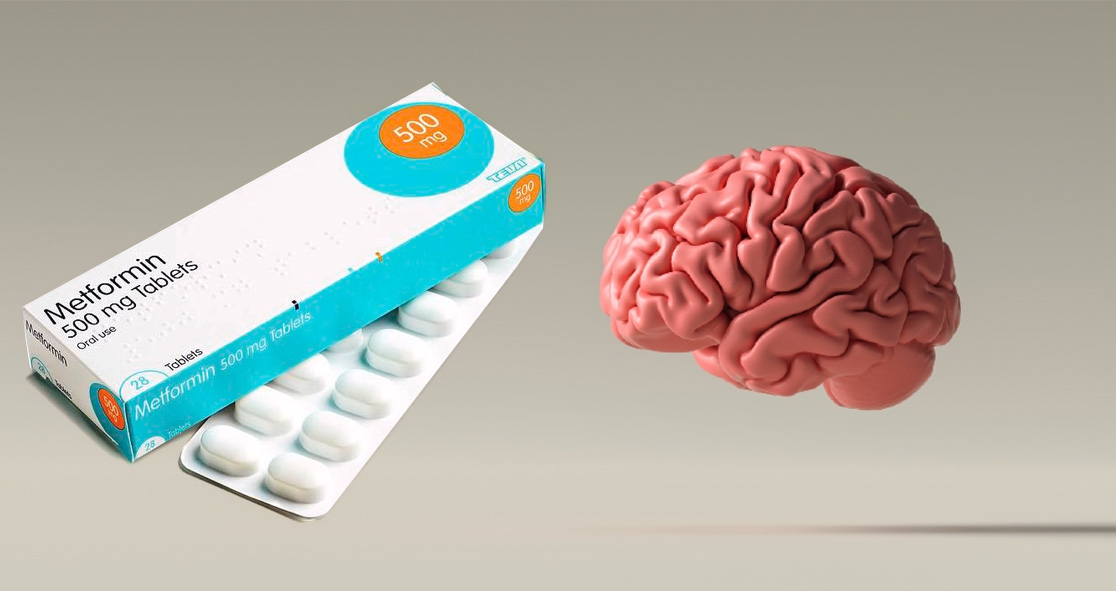A team of researchers led by the University of Michigan Health Rogel Cancer Center has found that metformin, one of the most widely used diabetes drugs, showed promise against a rare type of pediatric brain tumor in lab studies, according to Medical Xpress.
The researchers, who published their report in the journal Science Translational Medicine, developed a potential new treatment strategy to treat posterior fossa ependymoma (PFA).
An ependymoma is a tumor that arises from the ependymal cells that line the ventricles of the brain and the central canal of the spinal cord, according to Children’s Minnesota – one of the largest freestanding pediatric health systems in the United States.
Ependymomas are the third most common type of central nervous system (CNS) tumor in children, with nearly 200 cases diagnosed in the United States each year, per Children’s Minnesota.
Senior author Dr. Sriram Venneti of the University of Michigan Health said, “These types of tumors actually challenge our fundamental understanding of cancer. We discovered back in 2016 that epigenetic changes are actually the main drivers of these tumors.”
“There’s a really important epigenetic mark that is lost in these tumors, and it’s almost identical to a mutation we see in DIPGs,” he added.
Diabetes was an obvious field to turn to when looking for ways to suppress glucose metabolism – the same process driving the PFA tumors, according to Medical Xpress.
The team then decided to see how metformin would affect PFA tumor cells. Dr. Venneti explained that the diabetes drug has a proven safety record in adults and children and it has also increasingly been used in cancer clinical trials targeting tumor metabolism.
He said, “We tried it and we found that metformin suppressed the cancer cells’ metabolism and killed the cells in some PFA ependymoma tumors. And, unexpectedly, we found that metformin actually lowers EZHIP—the protein that was causing these epigenetic changes in the first place.”
“And remember, mutations aren’t driving these tumors, the epigenetic changes are caused by the EZHIP protein,” he added. “So, this opens a really exciting possibility of therapeutically suppressing the abnormal protein that’s actively causing these tumors.”
When metformin was given to mice that carried patient-derived tumors, it lowered tumor metabolism, shrank the tumors, and led to longer survival times, per Medical Xpress.
Dr. Venneti said, “The next step will be to translate the laboratory discoveries into a clinical trial. Metformin already has been shown to be safe enough to use in other clinical trials for pediatric brain cancer survivors, so that gives us a big head start in quickly moving these findings from the lab into trials for patients.”





















